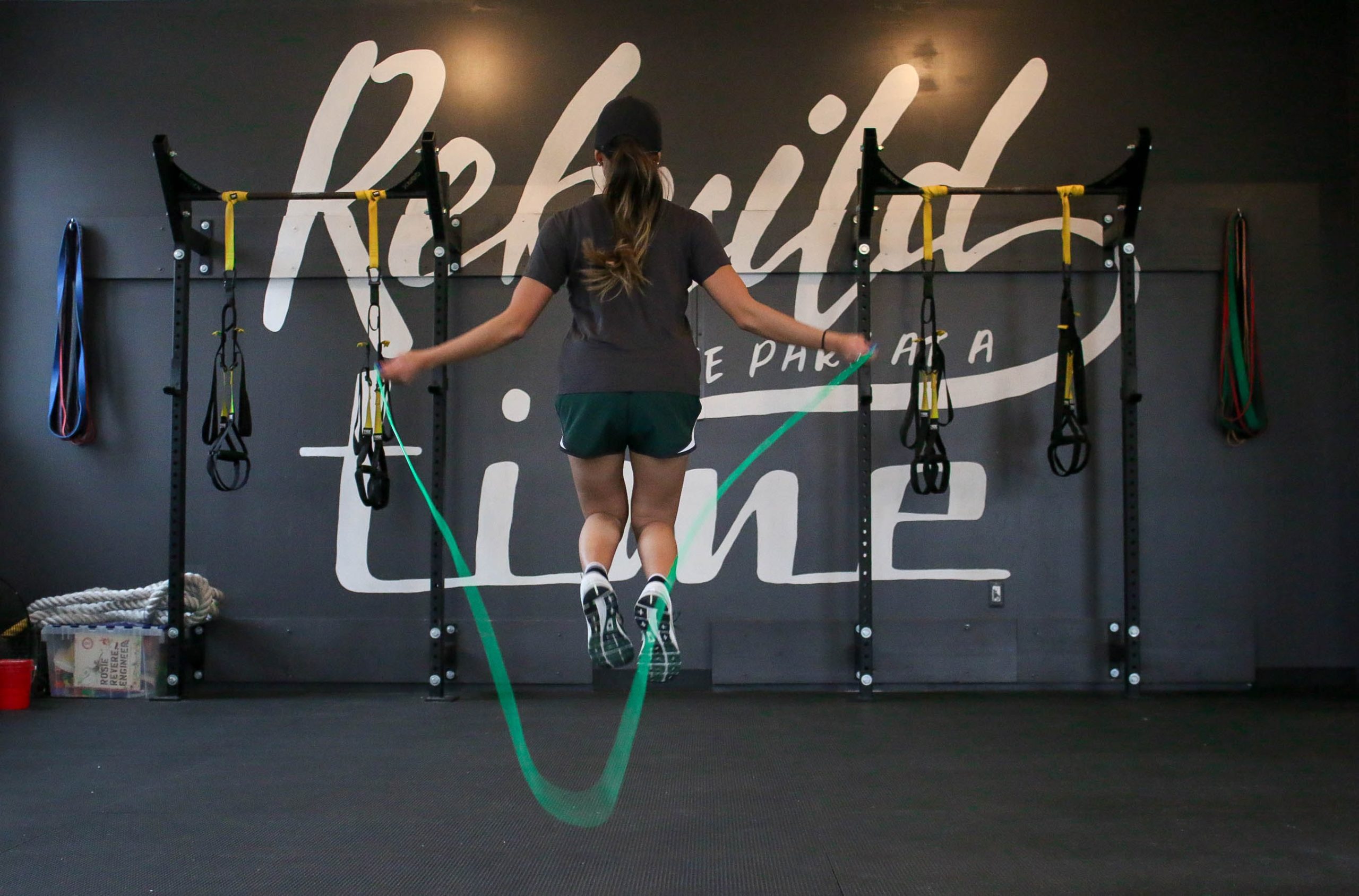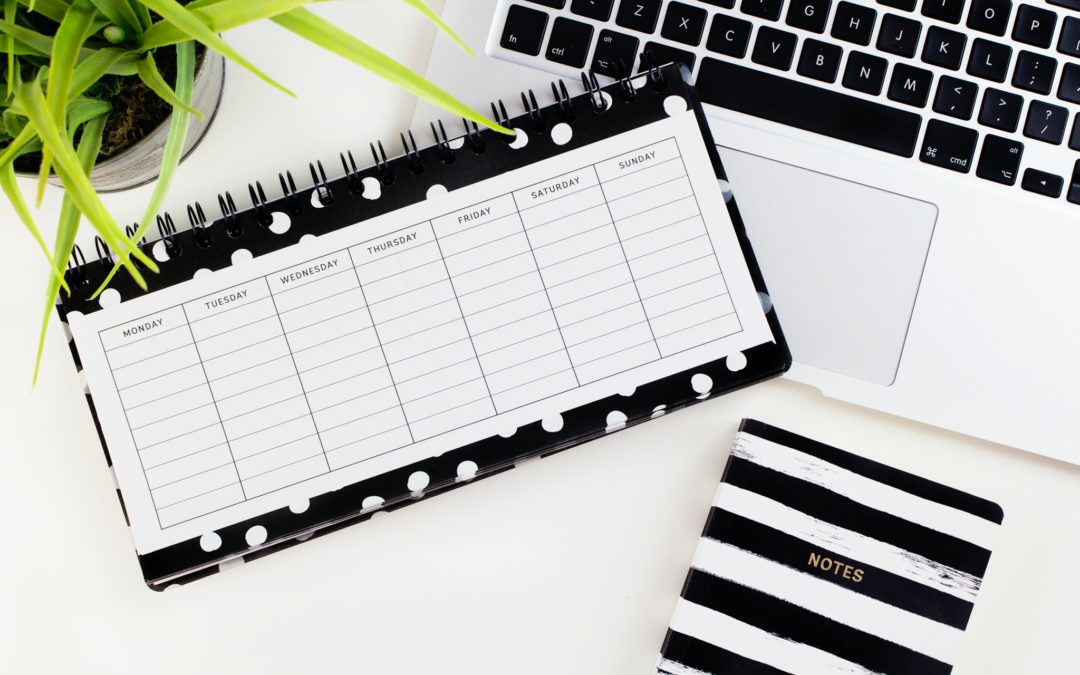
by rossanahead | Jan 24, 2012 | career, Education, Mari-an Santos, woman
By Mari-An Santos
I have always been a diligent student. Studying is something I take very seriously, and so I am accustomed to getting good grades in school. Every day, I remember, I would have homework in at least two of my classes and a quiz the next day. I would stay up until late in the night to turn in a more than satisfactory paper; putting in as much study time as I could for upcoming examinations. This work ethic paid off and I graduated cum laude from university.
It took me by surprise then how classes are conducted so differently in Europe. Since my colleagues in my Masteral classes are working people, we only meet on weekends. Professors are not very strict with attendance. In fact, I was surprised to learn that there were actually more than 20 students enrolled in our block; only ten attended classes regularly.
Here in Romania, teachers prefer free-flowing discussions. They encourage students to give their thoughts and opinions. There are no quizzes or midterm exams, only a final paper and the final examination. The burden of learning rests almost entirely on the students’ shoulders—how bizarre!
Because the classes are not conducted in English, I’ve had to work double time on my language skills. I need to pay attention in class in order understand and follow the discussions. Usually, the professor stops in the middle of the class to summarize for me in English what has already been discussed—and to ask for my input. He does the same at the end of the class. In this case, I am challenged to snap back from a bubble of very little understanding, to understand everything that’s been discussed, and to formulate an opinion. This also means I cannot be distracted during class nor can I say “pass” when asked a question.
What do I do on weekdays? I read the books recommended by my professors so that I can follow the class. But even in this area, I have the freedom to choose what I want to read; the professors aren’t strict about reading lists as well.
In many ways, it is an admirable system. Each student is responsible for his own performance—whether he comes to participate in class, reads appropriate books, and strives hard to write a good paper and perform well during the examination. In effect, the student is also able to formulate his own ideas based on what he learns from various sources. If he’s lazy, then he won’t learn anything.
Now, I have become more accustomed to being less pressured and frazzled about school. If I don’t do my readings, then I only have myself to blame for not performing well in class. It is also up to me to digest all these concepts and ideas, and decide what I think and feel about them.
And the papers? Well, we’ll see how I fare come examination week.
Photo by David Travis on Unsplash

by rossanahead | Jan 16, 2012 | career, Education, woman
By Paula Bianca Abiog
I say “athlete” because I don’t think I am one in its strictest sense. I don’t follow a really strict training routine, or compete in tournaments. I’m not even excelling in a particular sport. But my friends say I’m an “athlete” because I’m into tennis and running. And I’ve tried (and loved) boxing. Now I’m learning to swim.
I never thought I’d end up an “athlete.” I wasn’t a very active kid. Sure, I was able to try volleyball, softball, and a host of other games and sports during my PE classes in grade school and high school. But outside of PE, I pretty much just sat in a corner and read books. I started tennis lessons when I was 13, and I loved it, even if I only got to play in the summer. My only other hobby that involved movement was dancing, and I didn’t even do that often enough.
Things changed, though, when I started working. The long hours spent researching, interviewing, transcribing, and writing articles, and fast food lunches and takeout coffees that had more sugar than actual caffeine, have taken their toll on my body. Ballooning to almost 170 lbs wasn’t pretty, and I had to do something about it. So I signed up at a gym.
At first, I hated it. I couldn’t lift weights properly. I was exhausted after five minutes on the treadmill. I got cramps when I first tried the cardio martial arts class. But as months passed, as I got stronger and my endurance improved, I began to love gym more. I looked forward to attending group classes, even on weekends. After about a year of going to the gym, I went on the tennis courts again. And shortly after that, a friend introduced me to boxing.
I was enjoying my newfound love for sports, that I didn’t even notice the pounds slowly melting away. I just started feeling more confident and more content in my own skin. What started as a way to shed the pounds has led me to discover how I loved being active. It also gave me enough encouragement to try running (which I originally didn’t like, as I didn’t see the point of running just for the sake of running, and not because I’m trying to escape from criminals or zombies), and then swimming.
Sure, I still don’t have that 24-inch waistline (given my body type, I’m not sure it’s possible at all) and there’s still (lots of) room for improvement with muscle tone. But I’m proud of the 30 lbs or so that I’ve lost so far. I’m even prouder of myself because I learned that I can last seven rounds in the boxing ring with my sparring coach, that I can finish a 10K run in less than 90 minutes, and that I can hit pretty decent forehands and backhands.
Being the accidental “athlete” has led me to a new passion; one that I never thought I’d be able to, or have the guts to do. For a very long time, I was branded the “chubby nerd” and “the inert one.” Discovering that I can do sports now, in my 20s, made me realize that you’re never too old to try something new, or discover an aspect of your personality that you never thought existed.
Photo by Element5 Digital on Unsplash

by rossanahead | Jan 6, 2012 | career, children, parenting, woman
By Leslie G. Lee
I became an aunt almost a decade ago, when my older sister gave birth to her first son, Nathan, who is now nine years old. At that time, I had no inkling that my life would change upon the arrival of this little boy. Sure, I was excited about the newest addition to our family, but what I didn’t expect was just how much I would grow and evolve as a person by being an aunt.
Pre-aunthood, I was a driven, workaholic advertising account executive. I’d put in long hours in the office and obsessed about work day and night, so determined was I to climb and claw my way up the ladder. My life was centered on my career and nothing else.
Nathan changed all that.
I remember when my parents informed me that my sister was in labor in the wee hours of the morning. That day was a particularly busy one for me, as I was juggling various accounts and neck-deep in paperwork. I wanted to be with my parents in the waiting area but since I couldn’t, I arranged for flowers and gifts to convey my congratulations. My sister had to stay in the hospital for two more days after giving birth, and I wanted more than ever to visit her and go to the maternity wing to get a glimpse of my first nephew.
But I couldn’t, because I was buried with work.
When I saw the baby, however, it was love at first sight.
My obsession with work was replaced by my passion of seeing my nephew grow up. I grew resentful of my work since the long hours meant less time with him. Finally, I decided to quit my job in advertising and sought another job that would offer a more balanced work-life.
Apparently, I had made the right decision, for I now have three precocious nephews, and among their slew of aunts, I am the one whom they see most often.
Just as every person has his or her own style of parenting, I too have my own way of being an aunt to these three little ones. I’m a hands-on aunt: babysitter, caregiver, and surrogate mother on call. My family knows that I would cancel or postpone meetings or plans with friends at the drop of a hat, should my sisters and their husbands require someone to pinch-hit as a parent. I spoil them rotten with gifts almost every month and always buy them souvenirs whenever I go abroad. In fact, in one of my business trips, I bought more stuff for them than myself! I indulge their whims, understand and love their quirks, and bond with them at every opportunity.
Everyone gets a glimpse of parenthood one way or another, but for me, being a hands-on aunt not only gives me that, but also provides a good training ground for future parenthood. I’ve picked up a lot of tips and skills in my 10 years of being an auntie: from the practical and technical (changing diapers, cradling a newborn, putting a baby to sleep) to the emotional and psychological (dealing with three very distinct personalities, instilling good manners and virtues, satiating their curiosity with truthful yet carefully crafted answers).
And more than just learning the ropes and prepping myself for future parenthood, my “auntie” style has given me an idea of how I would be as a mother. But then again, we will never really know, not until I have a child of my own.
A recovering workaholic, Leslie G. Lee is a staunch advocate of work-life balance. Her passion for words has led her to work for and contribute to a number of publications in the Philippines and Singapore. Currently, she is taking a break from the frenetic world of publishing, in order to rejuvenate her creative juices, focus on her personal growth, and, most importantly, spend more quality time with her three adorable nephews.
Photo by Joshua Reddekopp on Unsplash

by rossanahead | Jan 4, 2012 | career, children, Education, Lyra Pore, parenting, woman
By Lyra Pore Villafana
Every weekend I drive to the nearest aquatic center to take swimming lessons with other adult learners. My classmates are all parents to young children: one is a mother to a sixteen-year-old girl and a seven-year-old boy, another has three children all in grade school and yet another has a two-year-old son.
“I’m doing this for myself,” the mom to the two-year-old said last week. “I work and look after my family, but I need to get away from it all every now and then.”
“Me too,” the mother to the three kids agreed. “I don’t work but I need a bit of time for myself so I don’t go crazy.”
“I have the same reason for coming here,” I revealed. I work full-time and do my best to look after my young family too. It reinvigorates me when I am able to spend even just two hours a week doing something for myself. This is my “me time.”
The mother to the teenage girl and grade-school boy listened intently. She had told me on a separate occasion that she enrolled in swimming class to help her manage her asthma.
My swimming buddies and I are all Asians who have migrated to Australia with our families. None of us is really aspiring to become a strong swimmer. Of course, we want to be able to survive should we fall into the water but to us, it’s not simply about the swimming.
Life overseas is so different to what we’ve all been used to. We don’t have extended families to support us, we and our husbands have to do all the house work ourselves as there is no domestic helper who can do the cleaning, washing, cooking and other chores for us, and none of us has the benefit of live-in nannies. Amidst all these, many of us strive to hold a job as well.
But doing something for oneself isn’t unique to Asian moms coping with the stresses of building a new life in a different country. A few weeks ago, my family was invited to the home of an Australian family ― well the wife was Australian while the husband was British. They had a twelve-year-old daughter who’s been born and raised in Australia.
Every week the wife, who’s an operations manager in a chain of nursing homes, attends piano lessons. “I do it for my brain. I have to keep it working,” she said. So once a week, she spends an hour improving her piano playing techniques.
I do not view these one- or two-hour excursions without husband and children selfish at all. A busy mom has to take care of herself too. It does the whole family a lot of good when the mother takes a bit of time to do something that will help keep her mentally, emotionally and physically healthy.
Photo by Serena Repice Lentini on Unsplash

by rossanahead | Dec 31, 2011 | career, children, family, Ruth M. Floresca, woman
By Ruth Manimtim-Floresca
We often hear people say they want to leave behind stuff that needs to stay in the past year before turning on a new leaf when the New Year comes. I believe this is actually good practice because the end of a year is a good time to clean the slate, start anew, and forget anything undesirable that happened for the past 12 months. So, here’s sharing several suggestions on what we can do before, or immediately after, the calendar reads January 1:
* Write down specific goals you want to achieve for the next 12 months. It would be better if you also list the essential steps you have to do to accomplish those targets then start with step one. Print everything on paper and post it where you can often see it.
* Gather the family for a “conference.” This is an ideal time to share your resolutions with each other so you can cheer on one another and provide helpful suggestions on how everyone could reach their goals faster. Young children, most especially, would be motivated to reach simple goals with the guidance of their parents.
* Fill up a new calendar or planner with important dates and events such as family and close friends’ birthdays and anniversaries as well as scheduled doctor visits, if any.
* Catch up on miscellaneous stuff. Clean up your e-mail inboxes, finish the pile of laundry in the basket, arrange your closet and take out stuff you can donate or sell to give way for the new things you bought or received during the Christmas season, check if you still have unpaid bills, etc.
* End the current year on a positive note. Make a list of things you are thankful for that happened the past year. Highlight the best ones that made a big impact in your life. These will remind you that there are more good things in store in the coming year. Refer to this list as often as possible in the coming days to be inspired and further encouraged to keep on going.
Photo by Chris Gilbert on Unsplash

by rossanahead | Dec 22, 2011 | career, children, family, Rossana Llenado, woman
By Rossana L. Llenado
I’m a believer in making schedules and lists. It’s one of the best ways to stay organized. If I didn’t have a schedule mapped out, I wouldn’t be able to keep track of all my appointments and obligations. That’s why I need my planner and why I write out the day, week, month, and year.
Every day, I wake up then head off to work within an hour. I spend the day in meetings, making business decisions, troubleshooting, making plans, and networking. By 6 p.m., I am wrapping up my day and I’m at home by 7 p.m. to spend time with my kids. When they’re off to bed, I’m back catching up on what I was unable to do during the day such as checking my e-mails and so forth. I’m asleep after midnight to be ready for the daily grind the following day. Weekends aren’t spared from a structured schedule. As much as I try to set aside time to spend with my kids, there are days when I still need to go to seminars or other events that require my presence.
Even as a young child, I’ve already set a schedule for myself, not only for my day to day activities, but for my life in general. Early on, I knew that I wanted to be successful and I dreamed up all the things that I wanted to achieve and the time it would take for me to get there.
In school, I set my classes in such a way that I would be able to work in the afternoon so I could make extra money. I had so many things going on, the only way I could keep my head above the water was to schedule and prioritize things. If I were any less organized, I would have turned cross-eyed by now.
For example, I determined that after graduating from college, I would have my own business. Back then, I really thought I would have my own restaurant! By the time I was 25, I planned that I would be married. Then I would have kids spaced two to three years apart.
Things didn’t necessarily turn out that way. I was off by a year getting married. I certainly wasn’t able to put up that restaurant. Instead, I ended up establishing an entirely different type of business. When I put up my business, I never thought it would grow into what it is today.
As much as you organize things, life still manages to wreck havoc on the best laid plans. There are just some things you can’t plan for such as death, accidents, surprises, and other tragedies. I never guessed that I would have four children, with twins to boot! And I certainly never imagined myself in the field of education. Having a tutorial and review business is certainly a big difference from having a restaurant to call my own.
There is only so much that I can schedule in my life. I can’t account for the weather, nor can I be responsible for other people’s reactions. I can try to prepare for things as much as I can, but in the end, you can’t always stick to a schedule.
I have found that sometimes, it is the unscheduled things in life that are the most rewarding. Surprises such as a sudden hug from my oldest child after a long day, or when my youngest turns to me to tell me she loves me, are things that cannot be written in. Getting a call or e-mail from a long lost friend, or having to clear my afternoon so I can attend my son’s awarding ceremony at school are other unexpected and unscheduled turns, although pleasant ones. Other major milestones such as getting your first kiss, falling in love or even out of it are events that you can’t plan for or chart.
Setting goals and realistic time lines are ways to keep track of endeavors and to make sure that a proper course is set. I may not always meet it but at least I know it’s something that I am working on. I have several projects that are already delayed, but I don’t let that stress me. I know that some things take longer than others, and there are just some things beyond my control.






